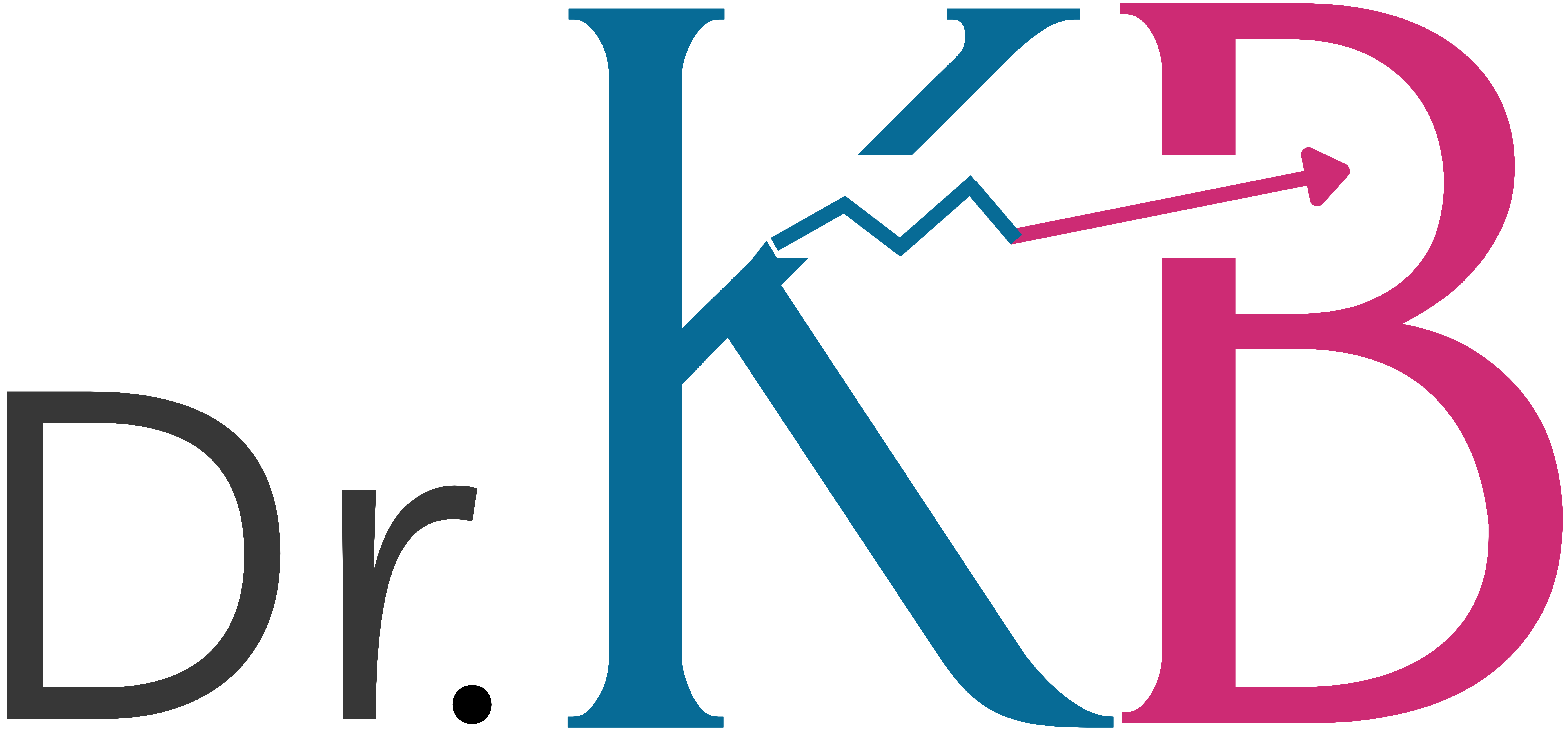Beyond Logic: How Intuition Can Support Your Career Change Decision.
Do you feel you don’t have enough information to make the decision to stay or leave clinical medicine? Or, do you know you want to leave, but you don’t know which non-clinical job would be a good fit for you?
This uncertainty is normal.
You often don’t have all the information to make the decision with certainty. You don’t know 100% if you’ll enjoy the work, if it’s the right fit, or if you’ll miss patient care until you are in the new career, doing the work.
This is where intuition can provide additional information not accessible to your conscious mind.
Intuition and your career change.
Intuition helps when you don’t have all the information to make an objective, “evidence-based” decision and the probability of the outcome is uncertain.
In order to make use of intuition at the career crossroads, let’s review what intuition is and isn’t.
What is intuition?
Intuition is an insight or “inner knowing” that compliments logical reasoning by tapping into subconscious knowledge, experiences, values, and emotions.
Intuition might tell you something is right or wrong, even when your logical analysis may suggest otherwise.
Intuition is experienced in a variety of ways. For example, a “gut feeling,” a subtle sensation around the heart, or a “sixth sense.”
Examples of intuition from my physician clients.
- A recurrent dream of doing or being something completely different.
- While browsing through non-clinical job descriptions, a voice whispers, “you’re going to miss seeing patients.”
- Most days, when walking into work, you feel a “pit in the stomach.”
- A “light bulb” moment of clarity in the head.
- You have a “gut feeling” you want to influence decision-making at a higher level.
What intuition is not.
Intuition is not impulsive, quick, emotional, bossy, or judgmental. It’s not just guesswork.
How to access intuition.
You may already know how your intuition “speaks” to you. If you’re unsure, here are 3 reflections to familiarize yourself with your intuition.
1. Become aware of how you’re using intuition in clinical care.
How do you decide on treatment when the algorithm ends with, “apply clinical judgment?”
2. Reflect on a decision by checking-in with your three centers of intelligence.
It might be best to start with a low-stakes decision. For example, where to go for dinner, which friend needs a check-in.
Bring the decision to mind and ask a question about it.
Check-in with your head, then your heart, and then your gut (your three “centers of intelligence”).
- Notice what the head is saying.
- Notice the feeling in the heart. Does it feel constricted and tight or open and light? What does a “no” feel like? What does a “yes” feel like?
- Then run the decision by the gut. What’s the feeling in the gut?
Is one of the three centers communicating more clearly? Are all 3 centers on the same page? Is there confusion? Pick one that feels most true for you and then test it.
Test it by taking action.
Once you’ve practiced with low stakes decisions, move on to larger ones.
3. Journal.
Ask a question about a decision and start writing.
Write for at least 5 minutes without stopping. The first few answers will be what’s top of your mind and what you already know. When you’ve run out of things to say, keep the pen on the paper and keep writing until the 5 mins are up. Then notice your energy and thoughts about the decision.
Balance your intuition and logic.
When you’re making the decision to change careers, it’s important to strike a balance between logic and intuition.
Do your due diligence to gather information and tap into your intuition to bring the subconscious intelligence, experiences, values, and emotions online. Then you make the decision with the full complement of information available to you.
“Once you’ve arrived at a decision that you relied on your gut to make, don’t try to explain it to others with logic. If you try to apply data and logic to a gut feel, you will likely put off the decision or make a worse one.”

